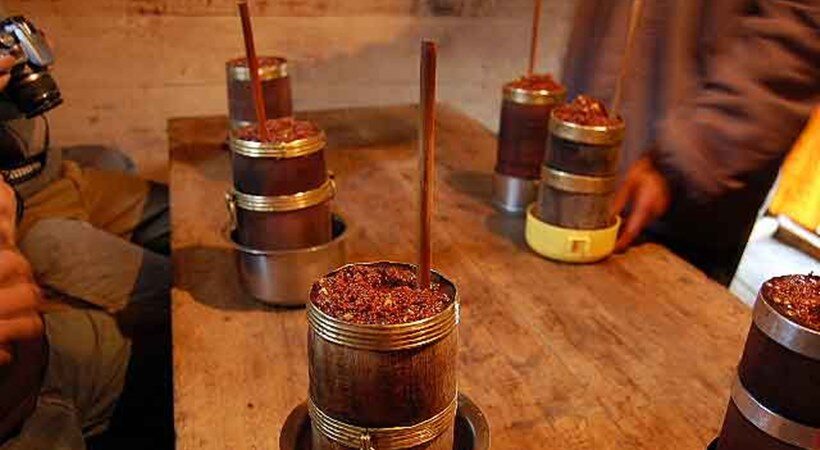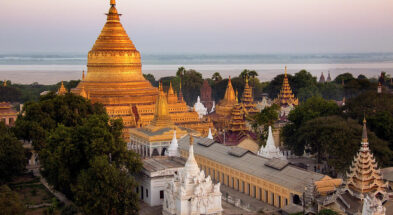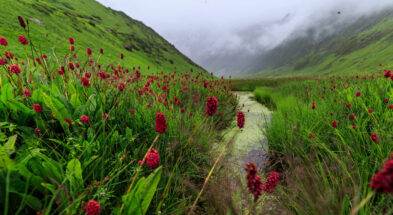The mighty Himalayas never fail to amaze its onlookers and even the uniqueness of culture and traditions prevalent in the mountainous terrain attract us.
Specifically, the Trans Himalayan range contributing to the Tibetan Plateau holds a rich, vivid diversity, different from one geographical point to another yet binds together to the same thread of civilization.
Meandering across the nirvana quiet mountains awaits the authentic food and drinks of the region. One such staple drink of the native Himalayan people is the “Tongba” (Millet Beer). The name is derived from the bamboo vessel in which it is served.
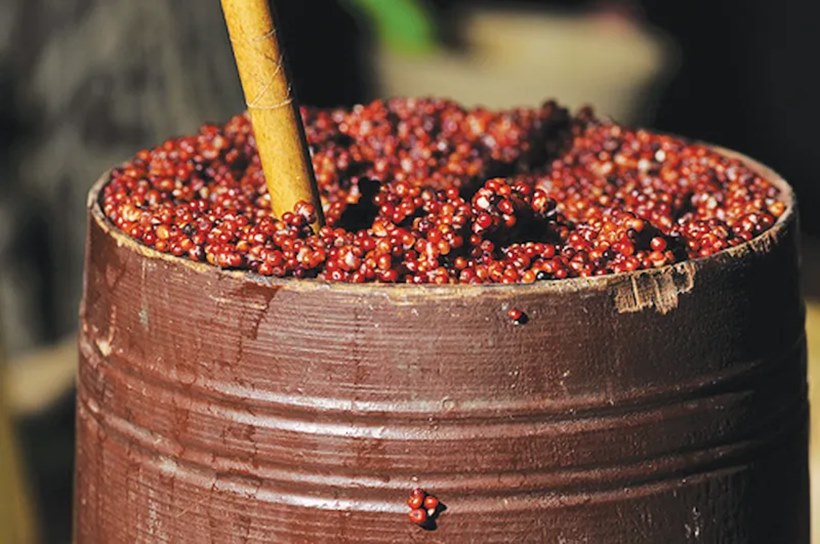
The indigenous people of the Limbu Community from Eastern Nepal call it traditionally “Mandokpeena thee”. This unique beer is served hot, and the technique to sip it pulls a lot of attention for both, one who serves and one who drinks.
It is prepared from whole grain millet (mixed with available herbs), keeping it fermented from few weeks to even months until matured to serve. While serving, the mixture is filled in the bamboo vessel up to 3/4th level and topped with steaming hot water, stirred well with a bamboo straw and allowed to settle for few minutes until it’s ready to sip. Interestingly it can be refilled again and again with an adequate hot water supply until all the alcohol content in it is extracted (maximum up to 4-5 rounds). The flavour is estery and fruity yet strong with tangy/citrusy notes.
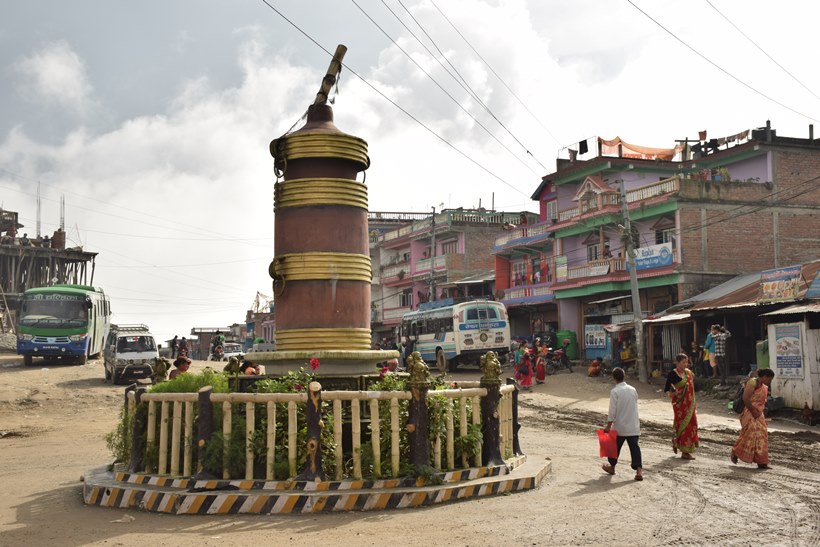
Imafe Credit: Wikimedia
The Indian version is known as “Chaang”, which is widely seen in Sikkim and Arunachal Pradesh. The Sikkimese version is similar to that of Nepal, Bhutan and Tibetan terrain. In contrast, the one in Arunachal slightly differs in its grainy physical mixture, but the mother ingredient (millet grain) remains the same. It is chiefly practised by the “Apatani” tribe of Arunachal Pradesh and an inseparable part of every customs and festivals.
However, this drink is yet to achieve its commercial fame, perhaps because of its complexity. In India, apart from local hubs in the hilly states, one can also grab this hot beer in the Tibetan restores of Delhi.



